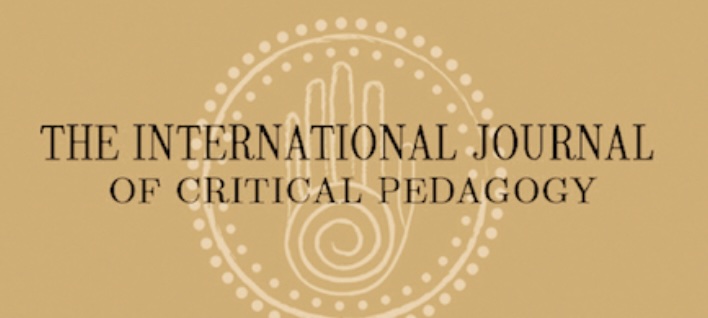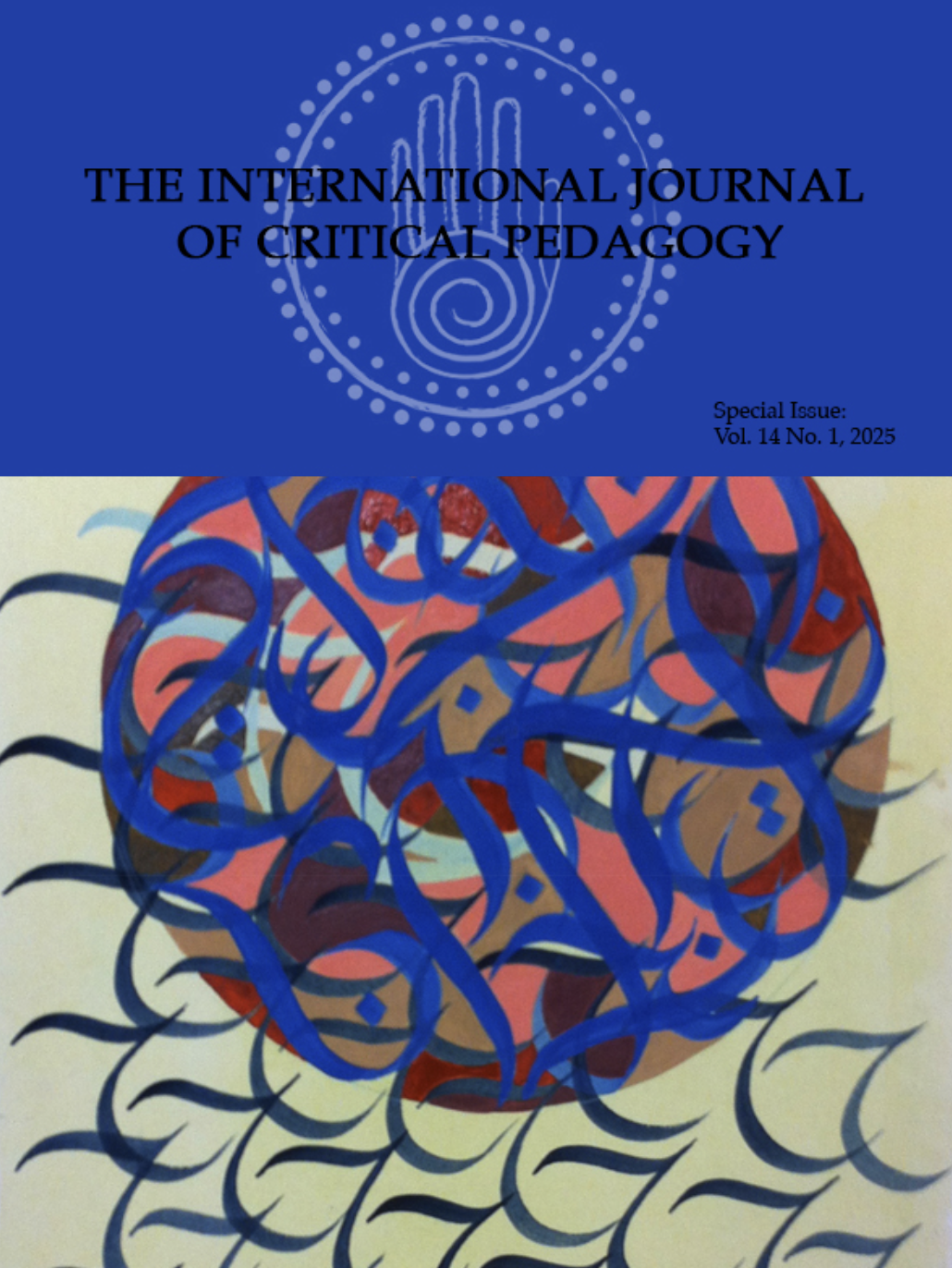Abstract
For a generation since the release of Paulo Freire’s Pedagogy of the Oppressed (Freire, 1970), the idea of a pedagogy for critical consciousness has fascinated North American educators. Our treatment of critical pedagogy, however, has been largely theoretical; very little of the work of North American scholars has addressed teaching and learning in schools or in out-of-school work with youth. While we now have some examples of critical pedagogy in practice in classrooms and non-school spaces (Darder, 1991: Duncan-Andrade and Morrell, 2008; Fisher, 2007; Stovall, 2006), we are in need of further research because many questions remain unanswered. For example, what are the goals of critical pedagogy when it is applied in work with youth? How is “success” measured? How can analysis of ongoing projects illuminate what we mean by critical pedagogy with urban American youth? In this article we seek to answer some of these questions through the analysis of two long-running intervention projects that attempt to frame critical pedagogy as academically empowering in critical learning communities. Specifically, this paper explores critical pedagogy in two Southern California programs that work with youth across school and non-school settings; the Council of Youth Research (1999-2012) and the Black Male Youth Academy (2006-2012). Through an analysis of multiple forms of data, including field notes, student work products, student reflections, and conversations with outside actors who have engaged these youth, we seek to understand the role of critical pedagogy across three domains: critical literacy development, empowered identity development, and the promotion of civic engagement for social change. Additionally, through an investigation of pedagogical moments - both when youth themselves are in the role of students and public intellectuals - we hope to develop a grounded theory of pedagogical practice that can inform work with youth in classroom and out-of-school settings.
Keywords: youth studies, curriculum, pedagogy, critical literacy, critical theory, learning, teaching, action research
How to Cite:
Scorza, D., Mirra, N. & Morrell, E.,
(2013) “It should just be education: Critical pedagogy normalized as academic excellence”,
International Journal of Critical Pedagogy 4(2).

